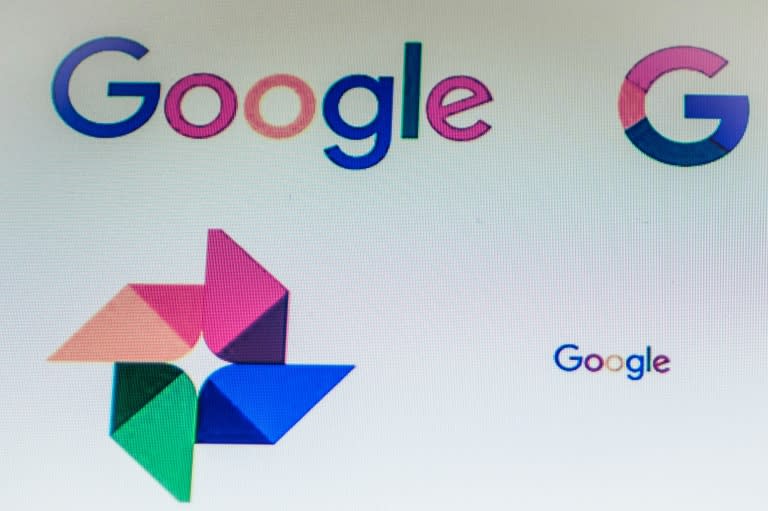Google is stopping itself from using “cookies” for user tracking, which allow the web giant to deliver personalized ads, but which have also sparked privacy advocate hackles.
Last month, Google revealed results of tests showing an alternative to the long-standing tracking practice, claiming it could improve online privacy while still allowing advertisers to present relevant messages.
“This approach effectively hides individuals ‘in the crowd’ and uses on-device processing to keep a person’s web history private in the browser,” explained Google product manager Chetna Bindra at the unveiling of the system called Federated Learning of Cohorts (FLoC).
“The results indicate that FLoC can provide an effective substitute signal for third-party cookies when it comes to generating interest-based audiences.”
Google plans to test the FLoC approach with advertisers later this year with its Chrome browser.
“Advertising is essential to keep the web open to all, but the web ecosystem is at risk if privacy practices don’t keep pace with changing expectations,” added Bindra.
Google has a lot of incentives for the change. The American internet giant has been hammered by critics about user privacy and is well aware of trends for legislation protecting people’s data rights.
The growing fear of cookie tracking has led to support for internet rights legislation such as GDPR in Europe and has led the internet giant to devise a way to target ads effectively without knowing too much about an individual.
– ‘Privacy nightmare’ –
Some types of cookies – text files that are stored when a user visits a website – are useful for logging in and browsing frequently visited sites.
Anyone who has opened a registration page online to have their name and address automatically entered where necessary is grateful for cookies. But other types of cookies are considered outrageous by some.
“Third-party cookies are a privacy nightmare,” Electronic Frontier Foundation technologist Bennet Cyphers told AFP.
“You don’t need to know what everyone else has ever done to show them an ad.”
He reasoned that context-based advertising can be effective; an example is someone who views recipes on a cooking website and sees ads for cookware or grocery stores.
Safari and Firefox browsers have already deprecated third-party cookies, but they are still used in the world’s most popular browser – Chrome.
Chrome accounted for 63 percent of the global browser market last year, according to StatCounter.
“It is both a competitive and legal liability for Google to continue to use third-party cookies, but they want their ad company to keep humming,” Cyphers said.
Cyphers and others are concerned that Google is using a secret formula to immerse Internet users in groups and give their “cohort” kind of badges that will be used to target marketing messages without knowing exactly who they are.
“There is a chance it will only make many privacy concerns worse,” Cyphers said, suggesting that the new system could create “cohort” badges of people who may be targeted with little transparency.
“There’s a machine learning black box that records everything you’ve done in your browser and spits out a label saying you’re that kind of person,” Cyphers said.
“Advertisers are going to decipher what those labels mean.”
He expected advertisers to eventually deduce which labels contain certain ages, genders or races and which people are prone to extreme political views.
A marketers for an open web business coalition campaigns against Google’s cohort movement, questioning its effectiveness and arguing that it will force more advertisers into its “walled garden.”
“Google’s proposals are bad for independent media owners, bad for independent ad technology and bad for marketers,” coalition director James Rosewell said in a press release.
gc / rl
